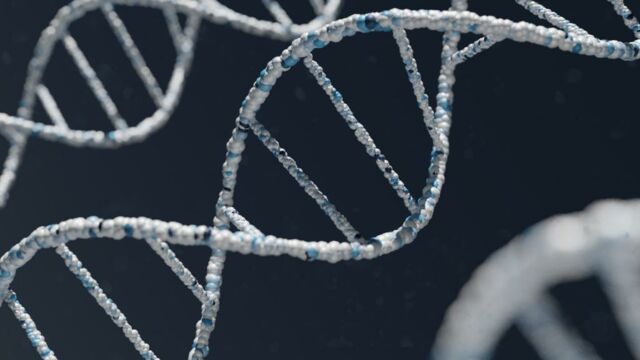Severe infection from the coronavirus depends on a number of different factors—including age and whether or not you have any underlying health issues. However, researchers have uncovered that your genes could also play a vital role when it comes to coronavirus infections.
Discover our latest podcast
Genetic sequence
An international team of researchers from Karolinska Institute, the Lady Davis Institute of the Jewish General Hospital, and VA Boston Healthcare System have finally pinpointed the one genetic variant that offers protection against the coronavirus.
According to a report published on McGill University’s website, the gene segment was first identified in 2020 during a study which mainly analysed data from those with European ancestry. The segment, which was inherited from the Neanderthals, was found to protect against critical forms of the virus by 20%. In an attempt to pinpoint the specific protective genetic variant, they decided to find out if the segment was present in people who had other ancestries.
Finding the genetic variant
They focused on those of African descent since they were unaffected by the mixing with Neanderthals, which took place ‘after the ancient migration out of Africa.' While this demographic of people are missing a major part of this particular DNA segment, they do have a small piece of it. And this tiny fraction is what gave scientists the answers that they had been searching for.
The study revealed that individuals of African descent had the same level of protection from the segment as their counterparts and this helped researchers to spot the key genetic variant called rs10774671-G. Jennifer Huffman, first author of the study, said:
The fact that individuals of African descent had the same protection allowed us to identify the unique variant in the DNA that actually protects from COVID-19 infection.
Furthermore, they found that 80% of people with African ancestry had this variant in their DNA. Mail Online reported that the gene 'determines the length of the protein OAS-1' and the protein is more efficient at breaking down the coronavirus when it is longer.
Researchers are now hoping that this information will help develop new and effective drugs that could potentially combat the virus. Brent Richards, co-author of the study, said:
That we are beginning to understand the genetic risk factors in detail is key to developing new drugs against COVID-19.















